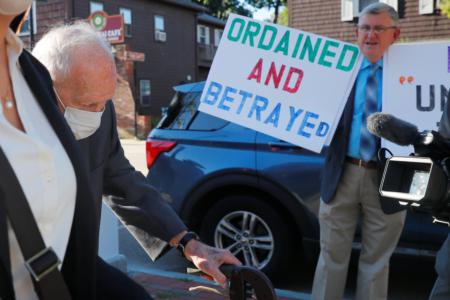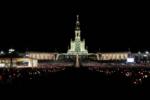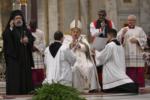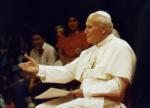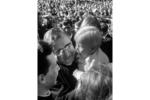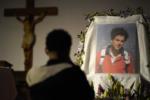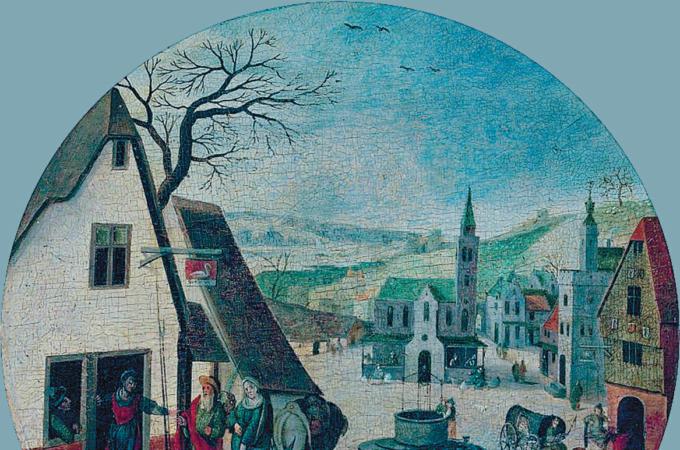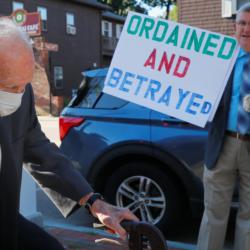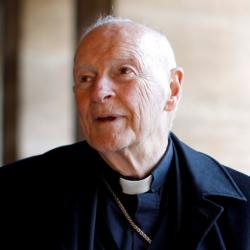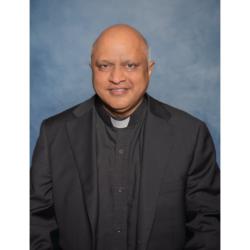'No Room in the Inn'
Within Cardinal Cushing's papers reside a number of Christmas sermons, but one in particular, entitled "No Room in the Inn," from the late 1950s stands out for his expressed concerns over many issues which we are still addressing over half a century later.
He writes that "in the history of mankind there was never more luxury and more poverty... and despite all the hopes and promises for the future, never in the history of the world was there more unrest or dissatisfaction."
He starts by relating that while mankind should have rejoiced at the coming of Jesus, Joseph and Mary found no room at the inn where they stopped the night he was born. The Son of God, who was here to share in mankind's troubles, and save us from them, was not welcomed. This is akin, Cushing writes, to those who reject Christ, when he is the one who will bring them "peace, happiness, and contentment."
He urges his audience not to reject Christ, but to rejoice and welcome him into their hearts, and not only during a short Sunday service, but to carry this belief with them each day, and let it influence their actions. Nearly 60 years ago, he expressed concern over the institution of marriage, lamenting that he saw it devolving into a "meaningless bond" of "mere materials and temporary association of interest," rather than the "union of souls that symbolizes in wedded life the union between Christ and His Church." What worries him about this is, in relation to his earlier point, that the Christian Family is what nurtures that daily interaction with Christ and the embracing of his example.
Towards the end of the sermon, Cardinal Cushing leaves with a comment upon American society, believing there was "talk of religious tolerance and respect for everyone's religion or creed. Yet, in the daily routine of our relations," he states, "how much discrimination exists based on racial and religious prejudice and even hatred for a fellowman!"
While indeed some of Cardinal Cushing's words still resonate today, at the same time we must contextualize the times in which he spoke them. The Korean War had ended several years before, and the U.S. involvement in the Vietnam War, while in its relative infancy, was to increase exponentially in the coming years and, in doing so, cause great divisions within the American society. Even more influential, especially in this last part of his message, was the Civil Rights Movement which was rapidly gaining momentum.
He completes his sermon with a reminder that we must remember, at Christmas of all times, that every child is made in the image of the Child in the manger, every mother called to be like his mother, and every father to be like his Father. He adds that at one time we were all children, like Jesus in the manger, full of endless potential to share kindness, charity, and love with one another.
- Thomas Lester is the archivist of the Archdiocese of Boston.
